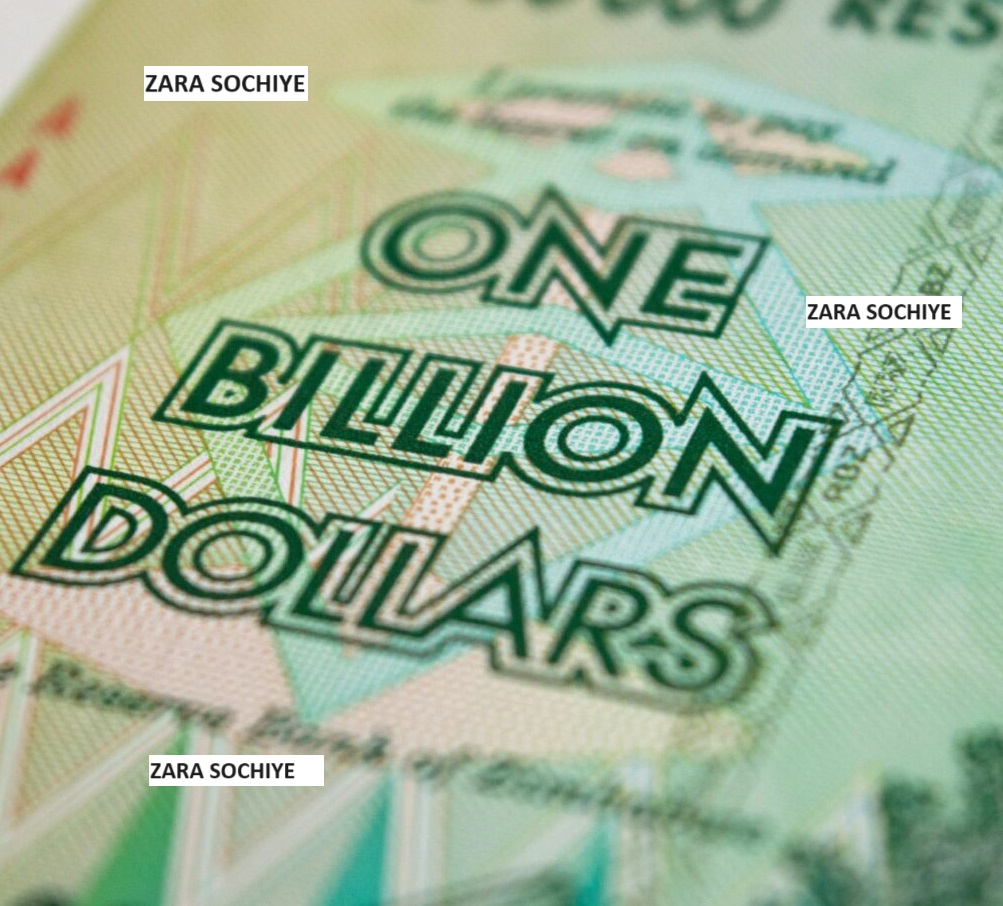
For each of its 190 member nations, the International Monetary Fund (IMF) aspires to sustainable growth and prosperity. In order to boost productivity, job creation, and economic well-being, it achieves this by endorsing economic policies that foster monetary cooperation and financial stability. The member nations of the IMF are in charge of and responsible to it.
IMF information given on the website of the International Monetary Fund, the issue of the second installment of the standby arrangement provided to Pakistan on the 11th of this month has been included in the agenda of the meeting of the executive board of the institution.
This agreement was concluded on the last day of the last financial year, June 30, with very strict conditions during the former coalition government’s tenure, the results of which were the continuous increase in the prices of electricity, gas, and petrol, and thus the inflation of all commodities.
IMF LOAN AND PAKISTAN:
People are suffering. However, in order to save the country from default, obtaining a loan from the IMF is currently the compulsion of Pakistan, because without it, it is not possible to obtain financial support from friendly countries and other financial institutions. The caretaker federal government has also assured the IMF to fulfill all the other conditions, due to which there is strong hope that the second tranche of 700 million dollars for Pakistan will be approved in the meeting of the management board of the financial fund.
The positive result has come in the form of an immediate resurgence of the stock exchange. The current program of the monetary fund is expected to end in the second week of April, with about $1.8 billion remaining.
The initial tranche of $1.2 billion was released in July. Last November, a staff-level agreement was reached between IMF staff and Pakistani officials regarding the first review under Pakistan’s standby arrangement, which the IMF’s executive board will approve at its board meeting next week. This development is of great importance for Pakistan’s economic scenario as the payment of the next tranche can provide much-needed financial support.
The outcome of this meeting will shape the future of ongoing economic cooperation between Pakistan and the IMF. “Discussions between IMF staff and Pakistani officials on policies to strengthen macroeconomic stability in the coming year, and significant progress on the budget, have been made,” an IMF statement said. However, every effort should be made to keep the burden of the IMF program’s strict conditions on the low-income and salaried classes as low as possible, for which the elimination of elite privileges is necessary.
Solar power should be made public on a war basis to relieve people of the burden of heavy electricity bills, private enterprises have now started providing this facility on installments which should be encouraged. Commercial banks should also be encouraged to provide loans on easy terms for this purpose so that people can repay the loan installments with the money saved from electricity bills after installing solar panels instead of incurring any additional expenses.
Privatization of all institutions which become a burden on the national exchequer due to running at a loss is also inevitable so that the tax money of the people is spent on providing the necessary facilities of life to the people instead of meeting the deficit of these institutions. The national and provincial governments formed after the general elections should arrange to form as short a cabinet as possible instead of the Zafar Moj army of ministers.
In addition, the Special Investment Facility Council project must be pushed forward rapidly so that the economy can stand on its feet and fulfill the dream of saying goodbye to the IMF, which is currently in its 24th program.
